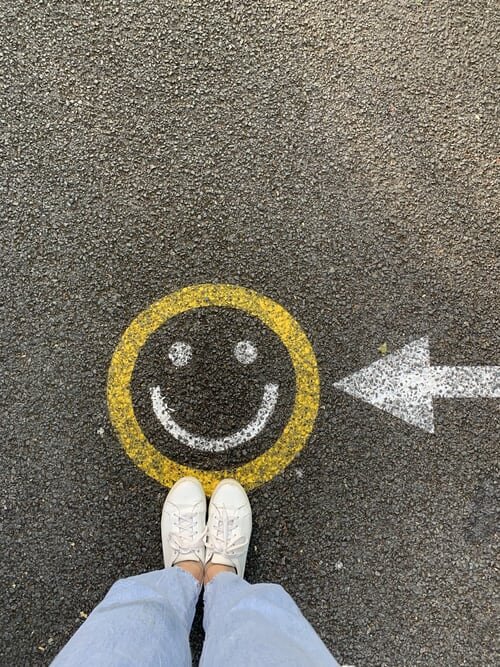Confidence plays a big part in how people choose to live their lives. Some people waiver between feeling happy in themselves and then feeling like they could be doing better, while others have chronic low self-esteem born from core beliefs created in childhood or toxic adult relationships. What is it about confidence that everyone wants? How can you work to build yours up?
Self-Confidence is not something that comes overnight. You have to work at it…every day (even if it’s just one nice thought per day about yourself). Here are some tips if you’re not sure where to begin:
Awareness Around Decisions:
Fear can act as a motivator or an inhibitor. Simply put, fear can be your gas or brake pedal. When you make decisions, it’s important that they aren’t anxiety-based. Is a lack of confidence stopping you from making an important decision? Think about the decisions that you make. Are they based in fear or desire? Becoming aware and getting back in the driver’s seat of your life is really important when it comes to feeling more self-confident.
Set Realistic Goals:
Setting goals allows you to achieve tasks or goals slowly and with confidence. If you set big goals that are unrealistic, it’s easy to feel frustrated, overwhelmed and ultimately, not good enough. When you set small, realistic goals, you show yourself that you can achieve something. Setting small, realistic goals allows you to build momentum and begin to improve your esteem. Dream big and take small steps.
Self-Compassion:
People tend to have lots of negative self-talk. Noticing your inner dialogue and how you treat yourself is important. If you put extensive pressure on yourself while also beating yourself up verbally, your confidence is going to be shot. Ultimately, “I’m not ___ enough” will be your daily mantra. It’s good to be self-critical however, the key is to balance your inner talk and practice self-compassion. Would you ever speak to a friend the way that you speak to yourself? If the answer is NO, then perhaps a shift may be beneficial to your confidence.
Check Beliefs:
What do you believe about yourself? Where do your beliefs come from? Have you ever checked in to ask yourself if they are still valid in adulthood?
During childhood, kids make meaning about themselves the best way that they know how. Then, as adults these beliefs are often carried around unchecked. These outdated ideas about self that were created from childhood experiences may limit your confidence and well-being. Unproductive beliefs may also been born out of adult relationships that were unhealthy. Reconsider your beliefs. Notice the beliefs that limit your confidence and re-evaluate their validity.
Self-Comparison:
It’s very hard to resist making comparisons between ourselves and others- especially in 2020. Be careful here. Are these comparisons productive? You bring your own pizazz to the table. Don’t discount your wow factor (even if you don’t believe that you have one, YET).
“When you have confidence, you can have a lot of fun. And when you have fun, you can do amazing things.” –Joe Namath
If you would like more support, Sana Counselling offers cognitive behavioural therapy in Vancouver, book a free consultation with us today!

